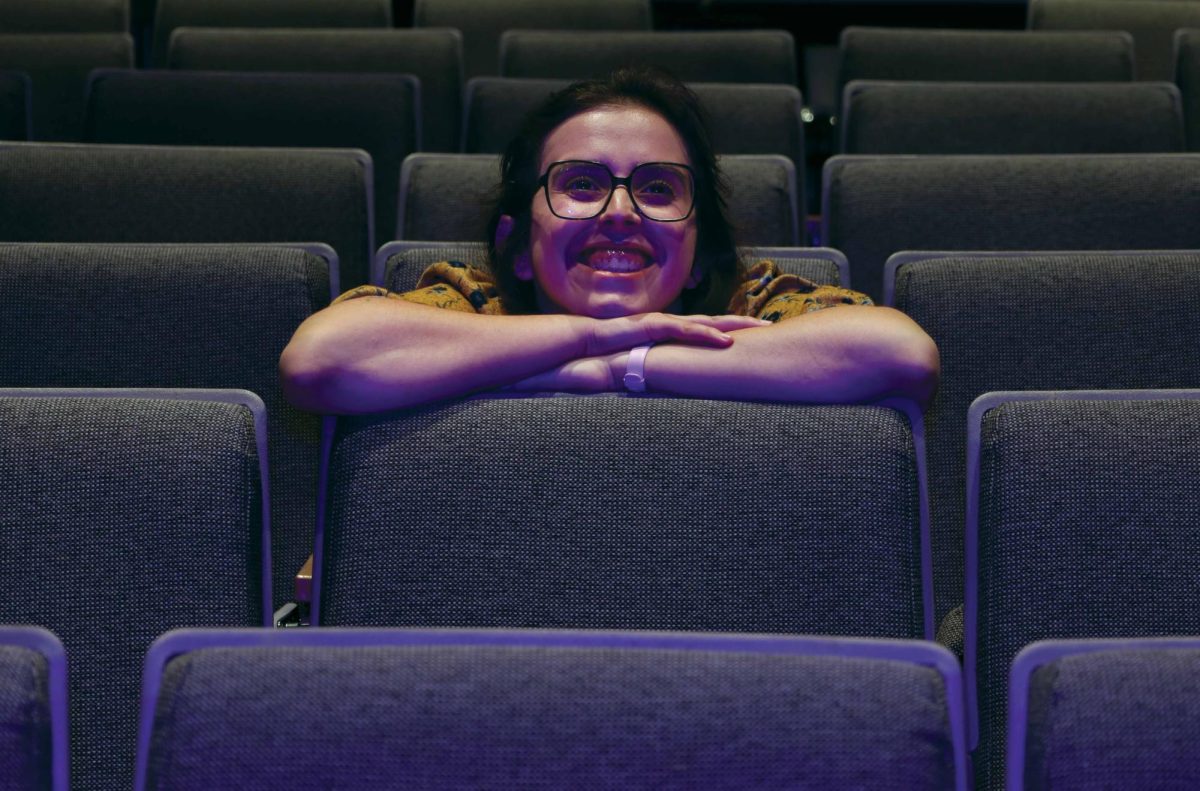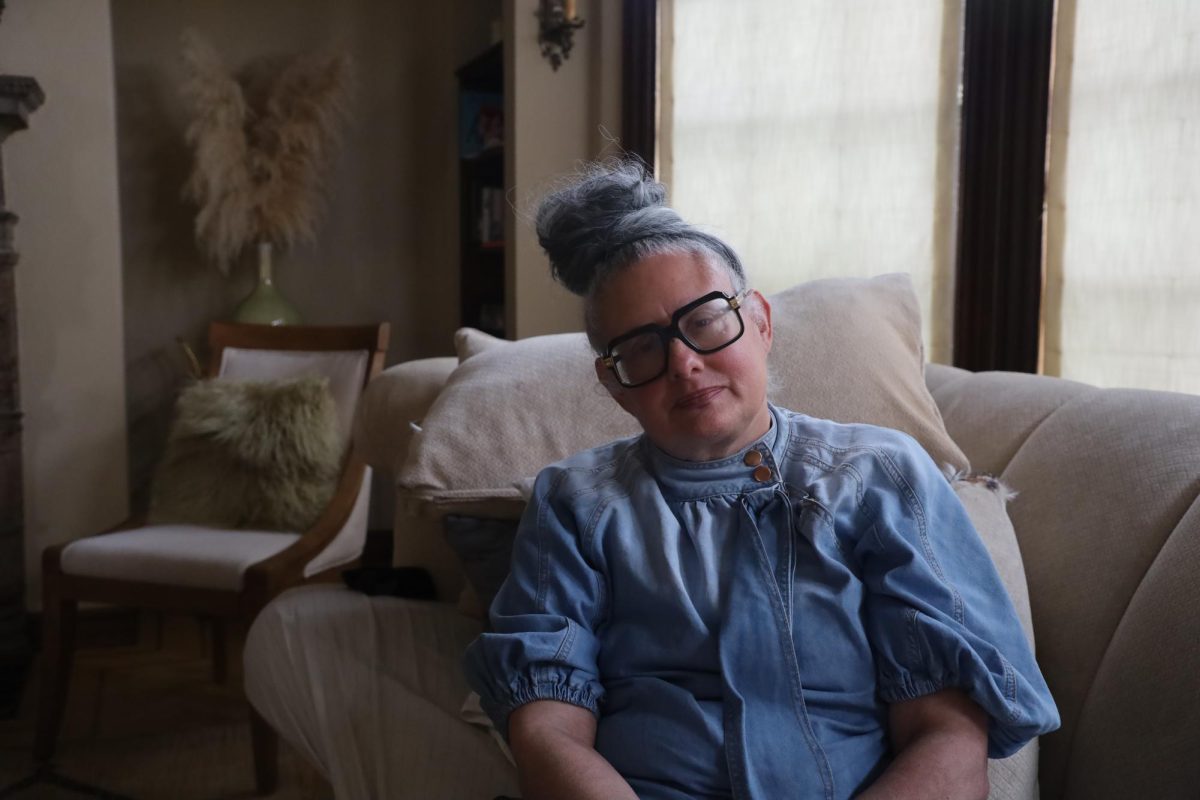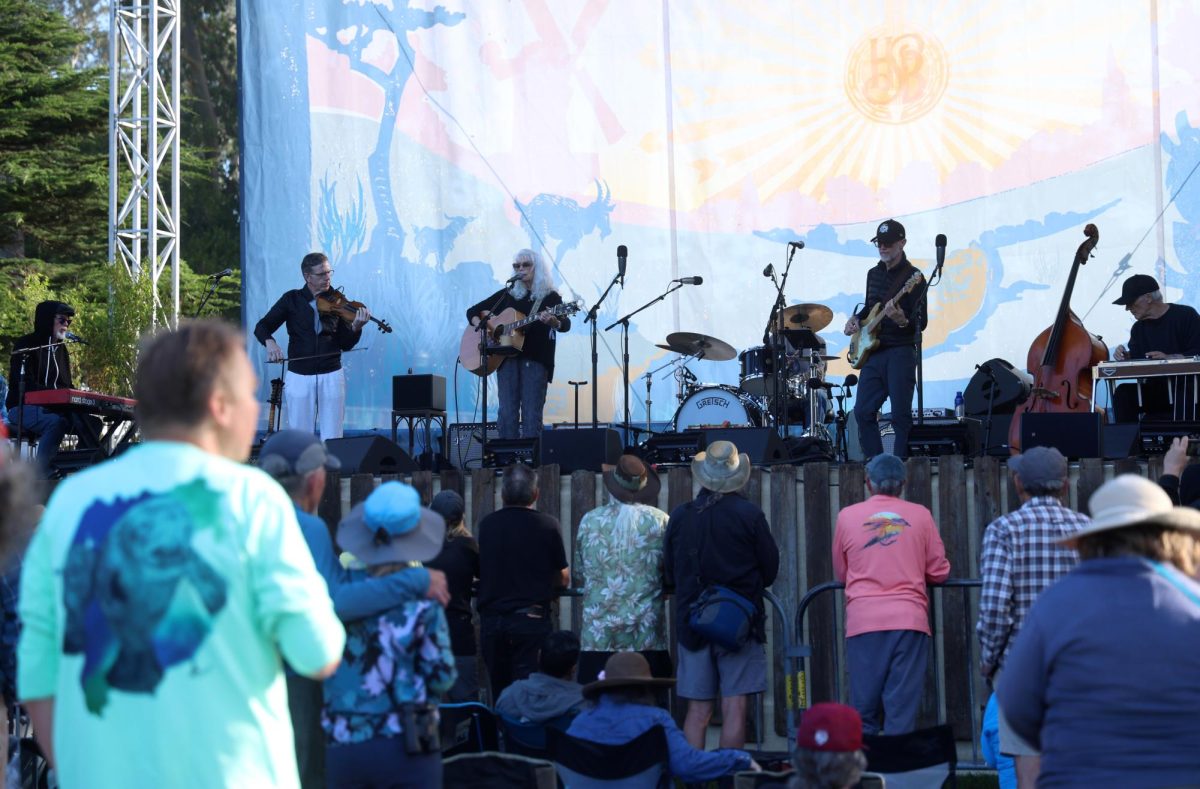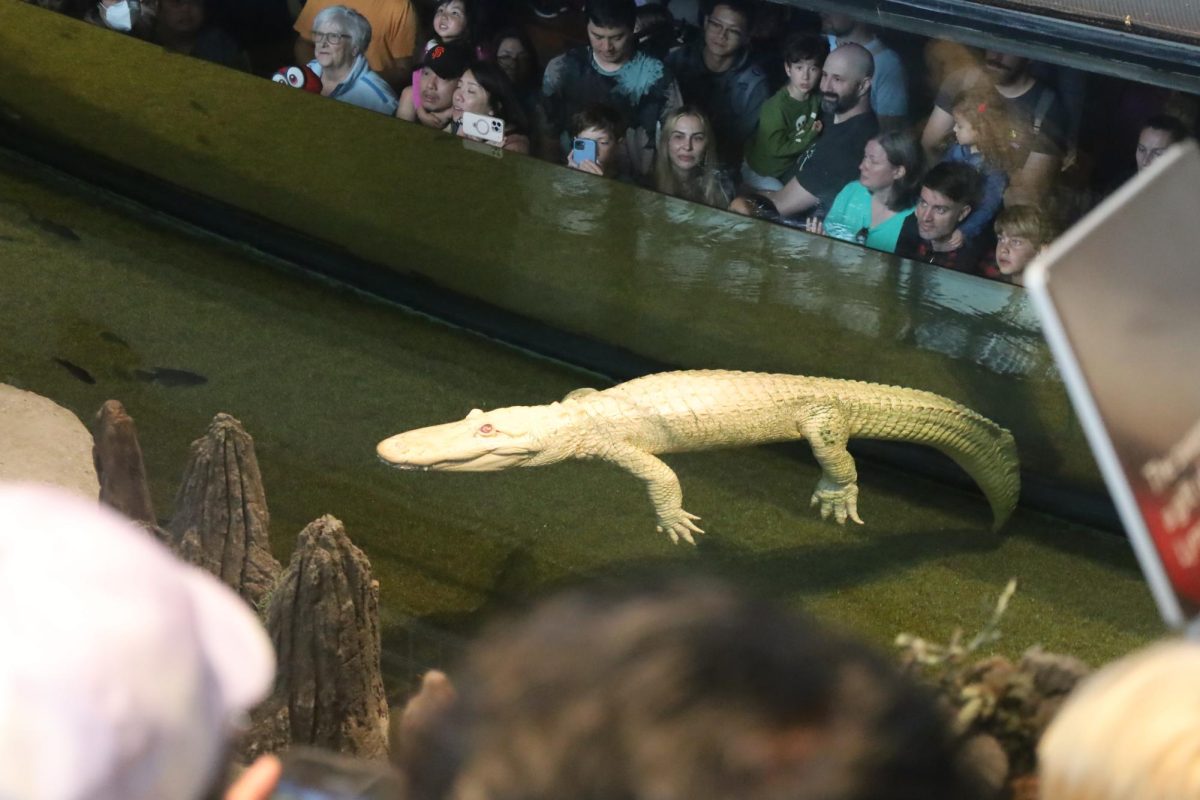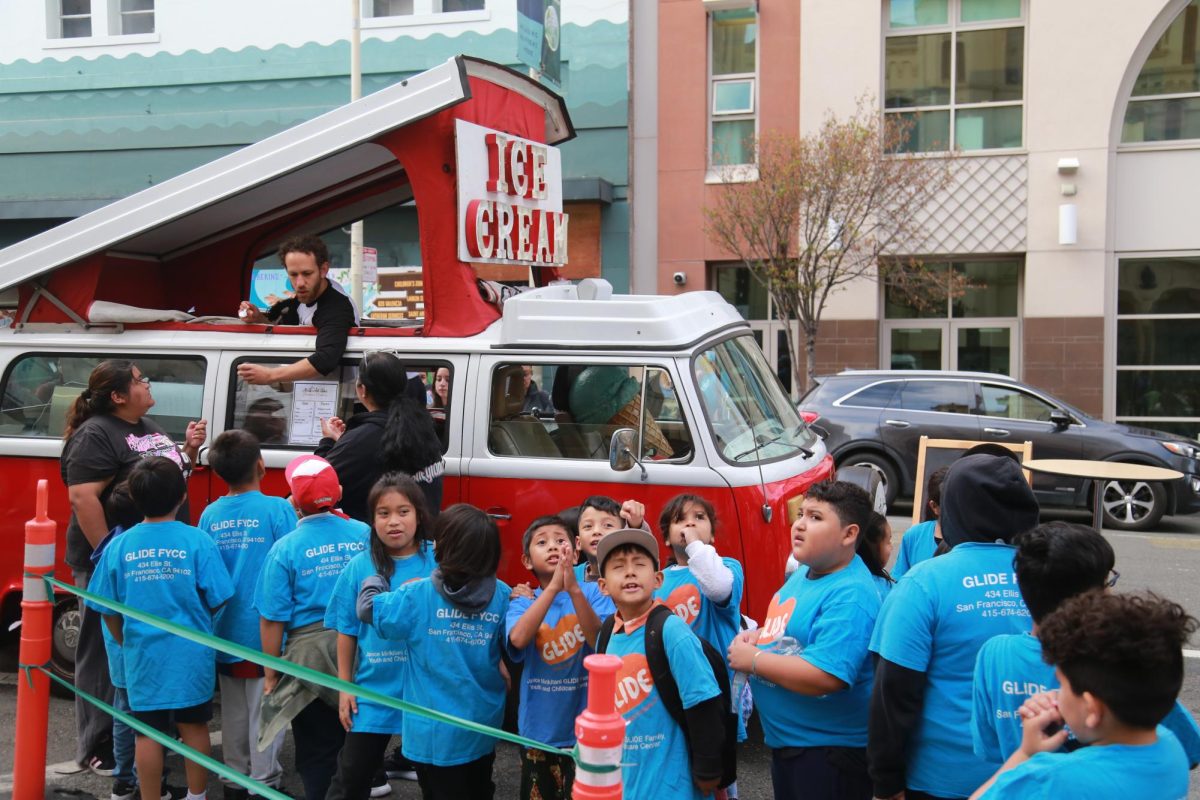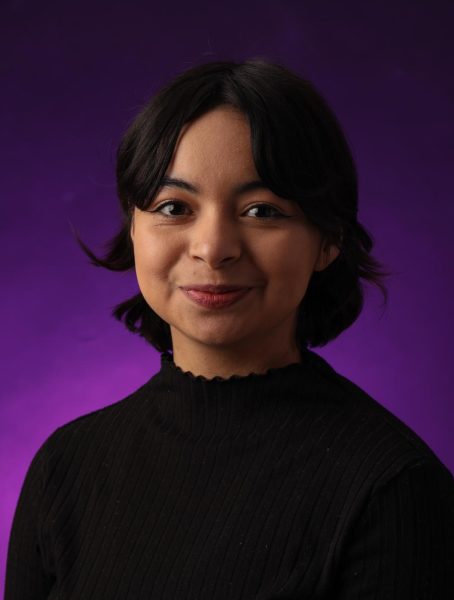In the movies we watch through our tiny screens, there is passion for the project coming from behind the camera. SF State’s cinematic society Delta Kappa Alpha (DKA) is composed of filmmakers, directors, writers, composers and actors who watch as credits roll at the end of every finalized project. A script, once a piece of paper, has been brought to life through film and members who have found community.
Before discovering DKA, member Owen Karlsen was ready to move back home to Sacramento, California. After a year and a half of attending the university and struggling to make friends, they were on the verge of dropping out.
He recalls a classmate in his film class telling everyone about the DKA organization. It was an opportunity to form community and connections with other students who share interests in the film world, regardless of cinema experience.
“I remember so vividly being on the phone with my mom and being like, ‘There’s this weird fraternity. It has something to do with film, and it seems kind of cool, but maybe not. I don’t know,’” Karlsen said.
After being encouraged to attend an info meeting and feel the organization out, he instantly felt like he was having conversations he had been dying to have since beginning at SF State. He was introduced to previous films members of DKA had created and overall he was impressed with the closeness the society seemed to have.
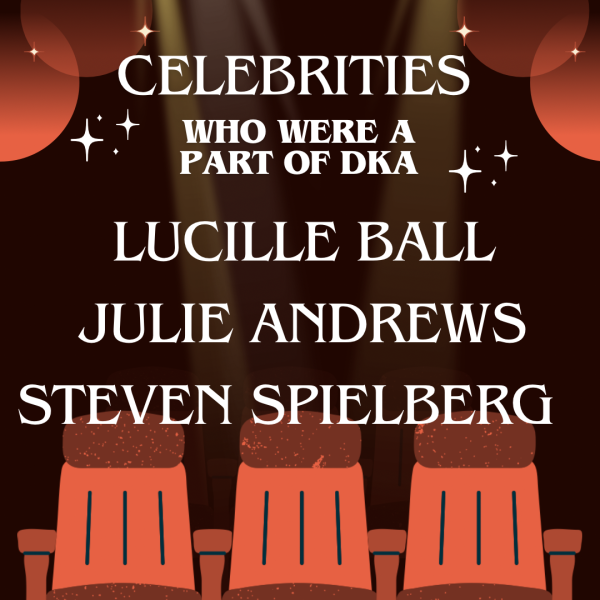
“I was suddenly surrounded by all of these people who were so creative, friendly and who cared about each other so much,” Karlsen said. He watched as everyone around him had their own creative voices and the desire to make art.
Being in DKA has prepared Karlsen for the professional world in terms of collaborating with others. They’ve learned a lot about working with other people to achieve a goal through creative processes.
“I think I had this idea that, in order to find good amateur filmmakers, you have to go to NYU or USC or whatever,” Karlsen said. “Everyone is making art and everyone is making good, good shit.”
Last semester, Karlsen wrote and directed a DKA film titled, “I’ll Be Here” which follows protagonist Noah, an isolated college student who finds comfort in a friend who is always by his side. The actor who plays his friend and keeps him company symbolizes depression. This was a film inspired by his first year attending SF State.
Much like Karlsen’s experience, Standards of DKA Josue Duran describes that they were “hooked in” after their first DKA info night. At the time, their friends varied from business majors to biology majors, and joining DKA was an opportunity to broaden their creative side and make friends who shared similar interests.
Duran is in their fourth year being a part of DKA. They hope to see SF State’s cinematic society flourish and grow after they leave.
“This chapter has grown up with me in a way, and the chapter has changed as I’ve changed throughout my years in college,” Duran said.
The Cinematic Society holds bimonthly films, directed and produced by its recruited members. This allows for students to dip their toes in different roles in order to find which one is right for them by listing their top five roles they’d like to try.
Haylen Caballero-Walsh, recruitment lead of DKA, said the group prioritizes people in the society with less experience so they are able to gain more experience. The society also offers opportunities to work with others through personal projects and events such as their weekly screenwriters circle, a meeting open for all SF State students where they can share written scripts and receive critiques.
For Caballero-Walsh, DKA is full of not only opportunities but building community and forming friendships. It is something he is appreciative of.
“It [DKA] changed the route in which my college career has gone. I think it’s definitely gotten me on set more than I wouldn’t have really been on set if it wasn’t for DKA.” said Caballero-Walsh.
After being torn between majoring in cinema or architecture, they ultimately chose cinema, knowing they’d be happier with it. “It essentially gives me an opportunity of working with people professionally.” they said.
Member and former Cinema Literacy Chair of DKA Misha Samson said DKA simulates a real type of industry-standardized production with real crews, budgets and proper equipment. Although you will see Greek letters in the quad during the recruitment process, the organization is far from other fraternities or sororities on campus.
“We do not associate with Greek life,” Samson said. “We are Greek by name only, by letters only.”
One difference compared to those who may associate themselves with Greek life is that in DKA, there’s a strict, “no-hazing” rule. Hazing is a task often done in fraternities or sororities to show commitment. It often involves dare-like activities a person must take part in to be accepted in an organization.
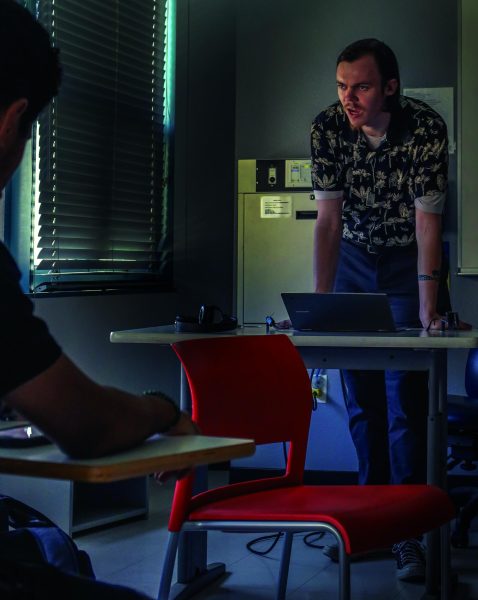
President of DKA and cinema major Alex Balistreri said DKA is actively trying to change their vocabulary to more gender-inclusive and less scary frat terminology. Although some members still use the term ‘fraternity,’ the epsilon chapter has decided they prefer the term ‘society.’
After researching film fraternities within colleges, Balistreri found out SF State had a DKA Chapter. SF State had already been a top choice of school for Balistreri based on proximity to her hometown of San Rafael and the atmosphere she’d felt when touring the campus. Checking out DKA was an opportunity to meet a community and to start her college life by making friends.
Two years later, Balistreri took on the presidential role in order to ensure the organization was run successfully.
“If a member becomes an Oscar winner, this is going to be something that they’ll think about when looking through their lives,” said Balistreri.
According to the DKA National Professional Cinema Society website, DKA’s organization has a history of prominent celebrities nationwide who have made it onto the big screen. Some of these celebrities include Lucille Ball, Julie Andrews and Steven Spielberg, to name a few.
“The world is a scary place, and I just want to make sure people have a fun outlet,” Baliestreri said. “We are practicing for this business that is cutthroat, but we don’t want people to feel like they’re already being hurt this early in their careers.”



